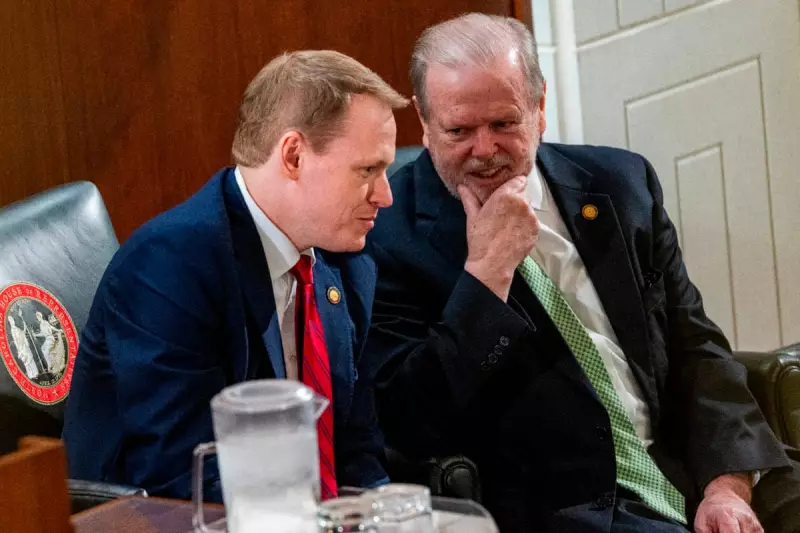
Republican legislators in North Carolina have ignited a political firestorm after pushing through aggressively redrawn congressional maps that could dramatically reshape the state's electoral landscape for years to come.
A Strategic Redistricting Power Play
The newly approved boundaries represent one of the most significant partisan gerrymanders in recent memory, strategically concentrating Democratic voters into fewer districts while creating numerous Republican-leaning constituencies. Political analysts suggest this could potentially hand the GOP as many as 11 of the state's 14 congressional seats.
Democratic representatives immediately condemned the move as a blatant power grab that undermines fair representation. "This isn't about drawing fair districts—it's about rigging the system to ensure Republican control regardless of what voters actually want," one Democratic lawmaker stated during heated floor debates.
Legal Challenges Already Underway
Even before Governor Roy Cooper could exercise his veto power—which Republicans hold sufficient votes to override—legal teams were preparing court challenges. Voting rights organisations have vowed to fight what they describe as "one of the most extreme gerrymanders in the country."
The controversy centres on how the new maps divide communities and dilute minority voting power. Several districts snake across the state in bizarre shapes that clearly prioritise partisan advantage over geographical coherence.
National Implications
This redistricting battle carries significance far beyond North Carolina's borders. With control of the US House of Representatives often hanging on a handful of seats, the outcome here could influence which party holds the majority in Congress after the next election cycle.
Republican leaders defend the maps as legally sound and reflective of the state's political preferences. "We're simply following the law and creating districts that represent North Carolina's conservative leanings," argued the House Redistricting Committee chairman.
As legal briefs are prepared and protestors gather outside the legislative building, North Carolina finds itself at the epicentre of America's ongoing battle over voting rights and political representation—a battle that will likely be decided not at the ballot box, but in the courtroom.





